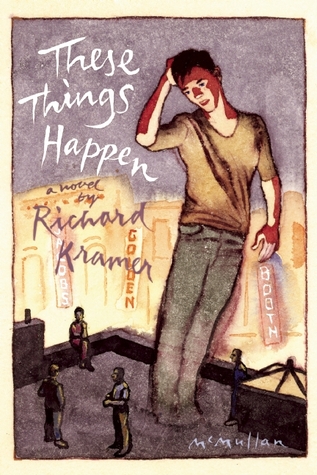
Short Reviews
Reviews of The English Poems of Richard Crashaw, and These Things Happen.
More
Reviews of The English Poems of Richard Crashaw, and These Things Happen.
MoreWHEN I WAS in the grip of despair about a situation of unrequited love, I decided to make a list of the benefits of that state. Alas, I cannot…More
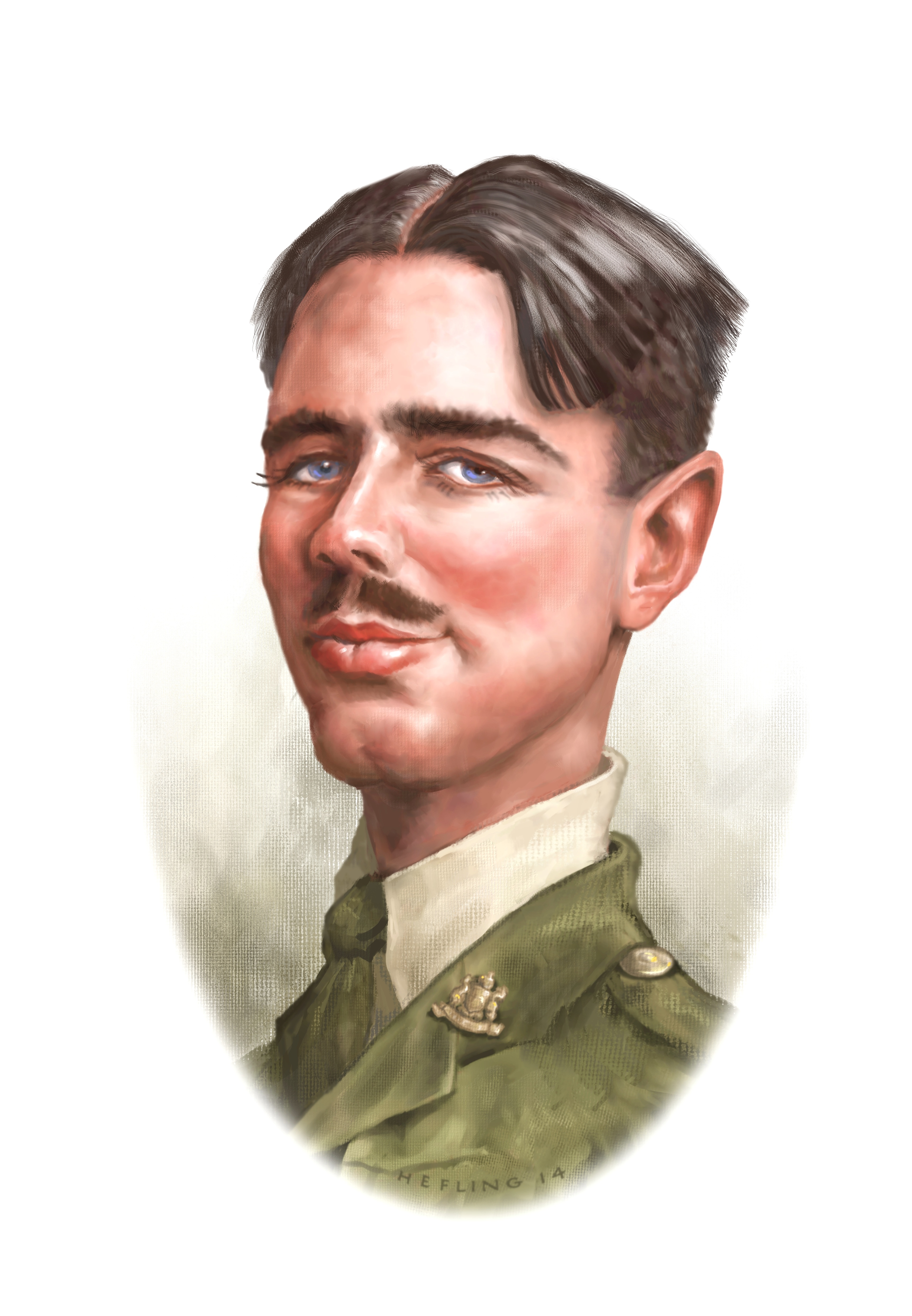
[Wilfred] Owen collected antiques, even searching for them while on leave from the Front, hoping perhaps to sell them professionally after the war. He was inordinately attached to his mother, … [and] was obsessed, too, with growing older, something he never experienced given the mortal wound that killed him at age 25 just weeks before the war’s end.
More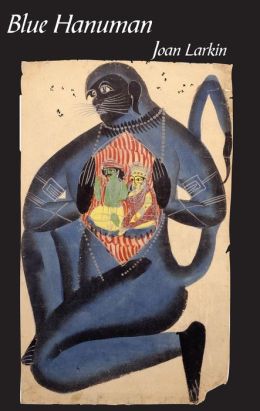
Under My Skin by Orville Lloyd Douglas Guernica Edition. 80 pages, $15. Haiti Glass by Lenelle Moïse City Lights/Sister Spit. 79 pages, $10.95 The Road to Emmaus by Spencer…More
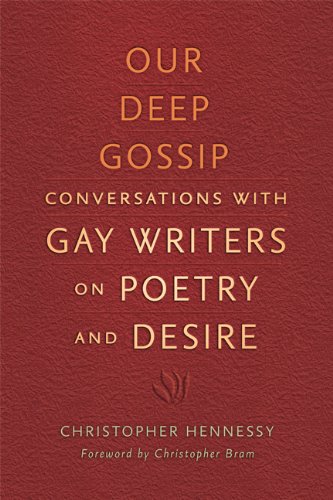
“I’VE NEVER UNDERSTOOD why more people don’t love poetry.” These are the very first words in Christopher Hennessy’s collection of interviews with gay male writers, Our Deep Gossip, and they belong to novelist Christopher Bram, who provided the book’s foreword.
MoreTHE WORLD of poetry for gay poets is increasingly a space where poets of diverse ethnicities are publishing stirring work.
More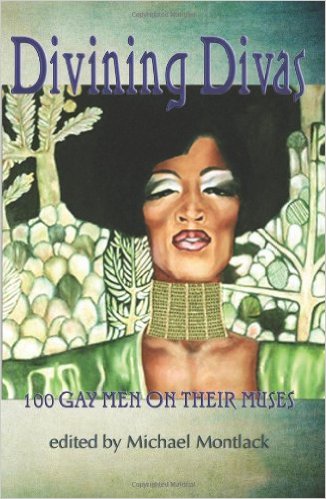
A review of 9 poetry books; Slow Lightning, Divining Divas: 100 Gay Men on their Muses, When We Become Weavers, Among the Leaves: Queer Male Poets on the Midwestern Experience, Lady Business: A Celebration of Lesbian Poetry, Skin Shift, Butcher’s Sugar, and Later Poems Selected and New: 1971-2012.
More
These anthologies (When We Become Weavers: Queer Female Poets on the Midwestern Experience and Among the Leaves: Queer Male Poets on the Midwestern Experience) feel groundbreaking, because they provide a loving Midwestern home for queer people. Some of the poets write with nostalgia about the rural homes they left for the city. …
MoreKNOWING THAT WE LIVE in a time of hope as well as of threat, I am skeptical of claims that poetry is alive and well in America and that…More
COULD what we call “camp” turn out to be, like aqueducts and concrete, an invention of the ancient Romans? Roman poets such as Catullus, Martial, and Juvenal are notorious for their ridicule of freeborn Roman males who submit to sexual penetration. These poets regularly label their male peers with Latin terms such as cinaedus, pathicus, impudicus, and mollis, none of which has a precise English equivalent, but all of which are pejorative words that mark men as effeminate and sexually submissive. I ask you to consider here the possibility that some Roman poems that use this kind of language are not earnest homophobic ridicule at all, but a very early instance of what we in the 20th century came to call “camp.”
More